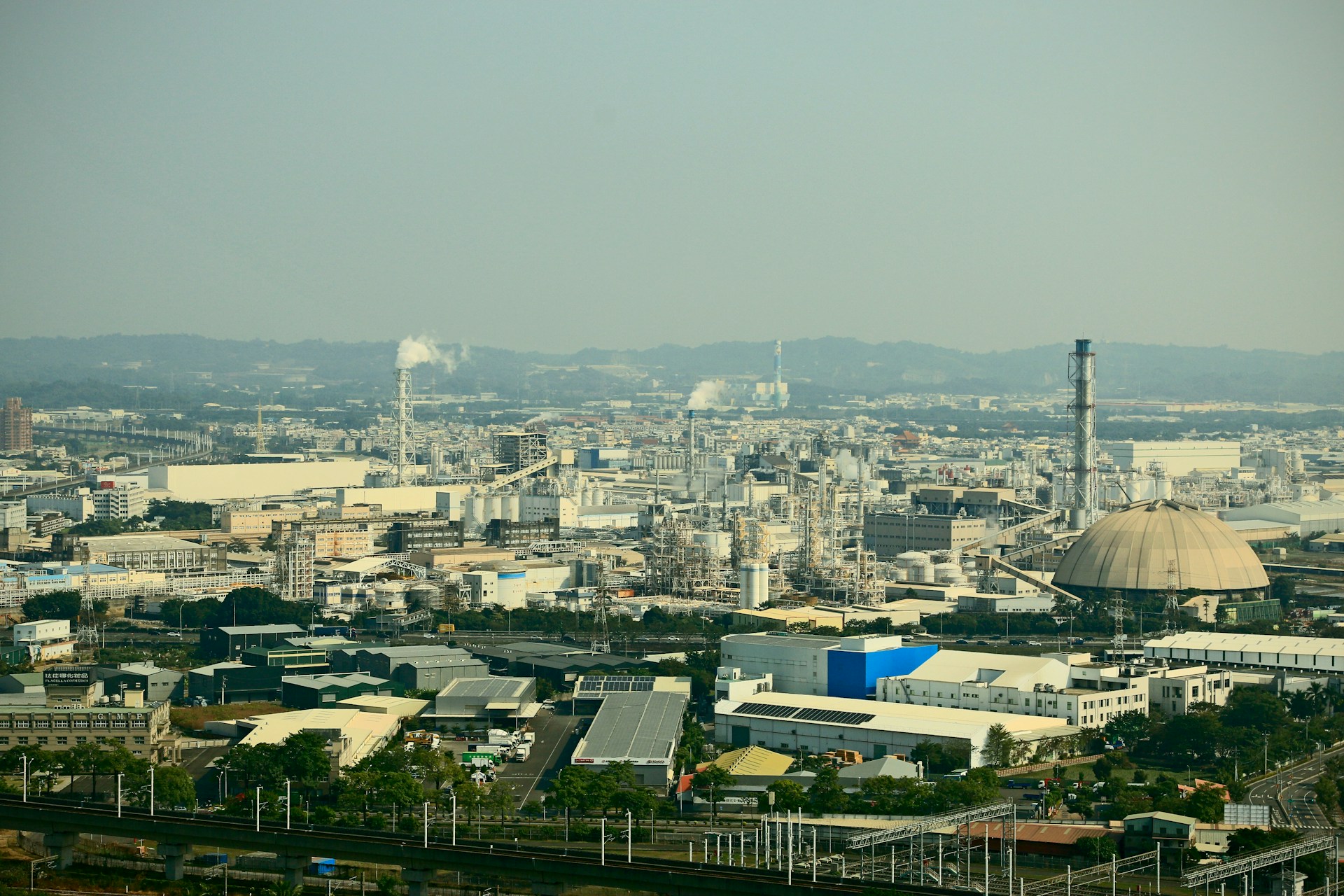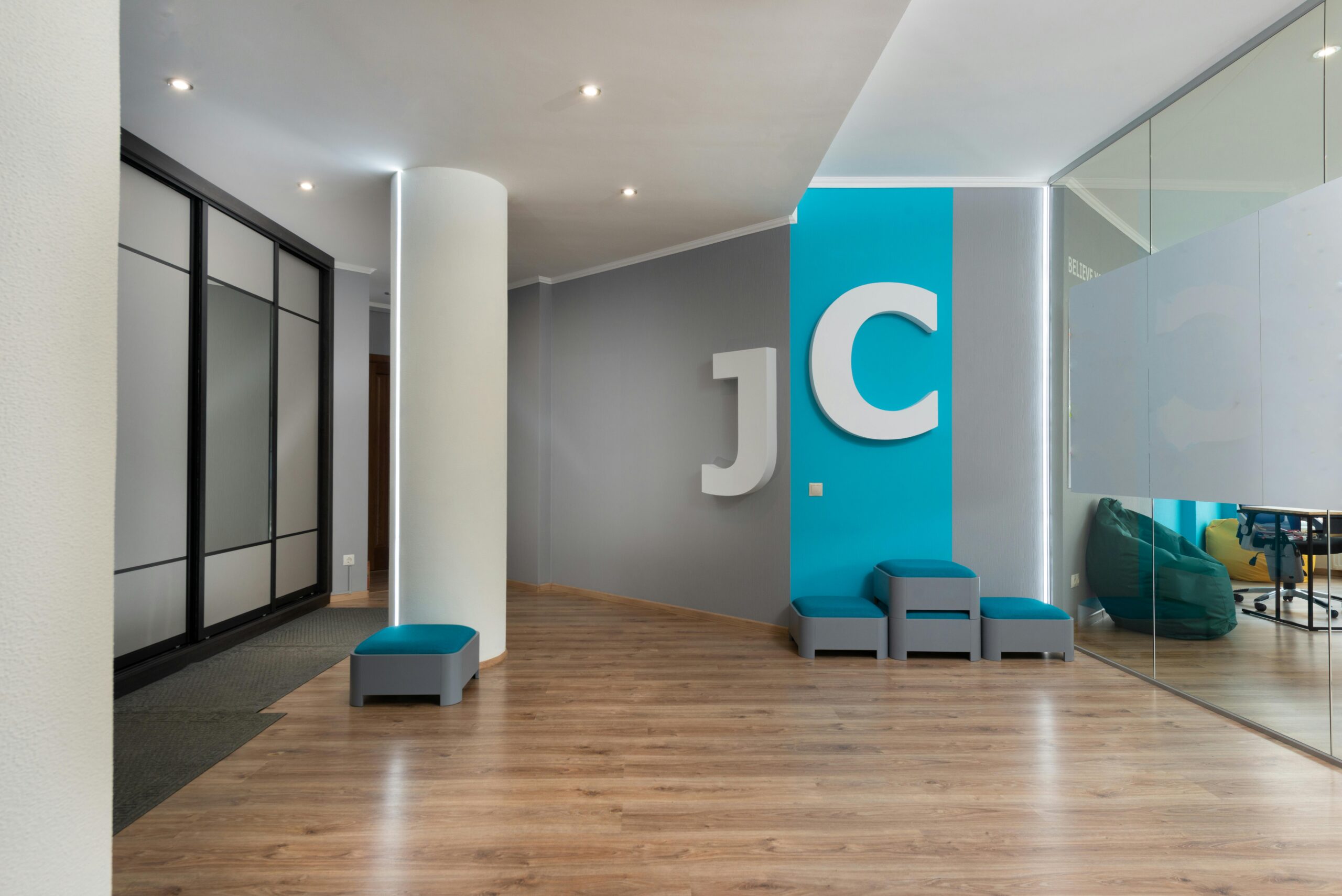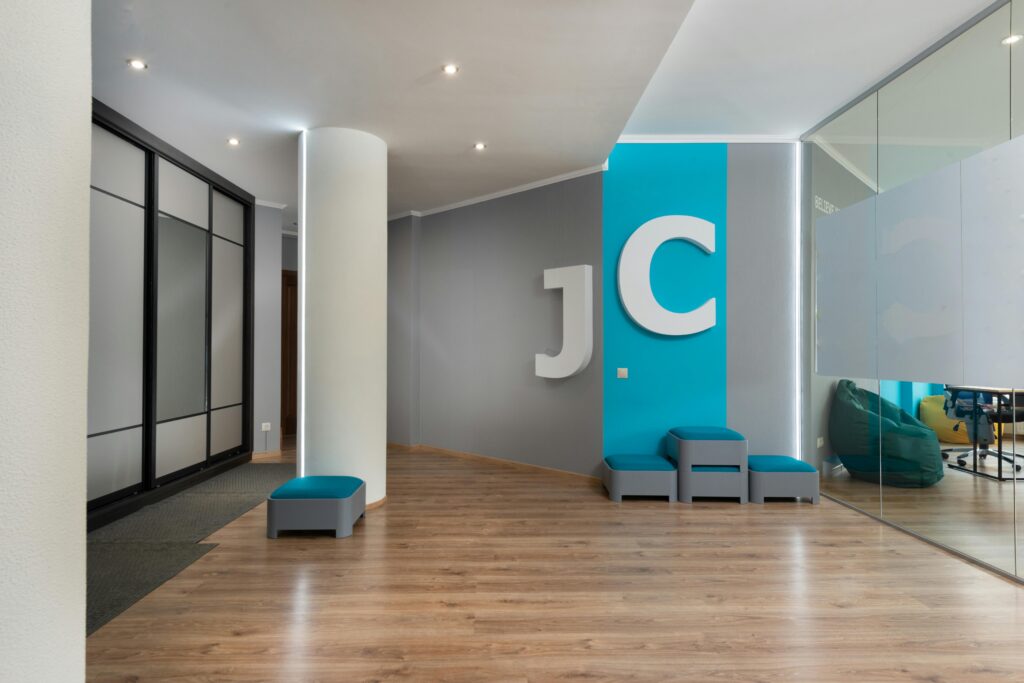When you own, lease or sell a commercial property in the UK, one document you cannot afford to ignore is the Commercial EPC Certificate. An Energy Performance Certificate (EPC) is a legal requirement that rates the energy efficiency of a building and provides recommendations for improvement. For businesses, understanding what a commercial EPC is and why it matters can help you stay compliant with legislation while also reducing costs and improving sustainability.
What is a Commercial EPC Certificate?
A Commercial EPC Certificate is an official document that shows how energy efficient a non-domestic building is. Properties are given a rating from A to G, with A being the most efficient and G the least. The certificate also outlines practical steps that can be taken to improve efficiency, such as upgrading lighting systems, improving insulation, or changing heating and cooling equipment.
Unlike residential EPCs, a commercial EPC applies to offices, shops, warehouses, factories and other types of business premises. They are required whenever a building is constructed, sold or leased, and they must be issued by an accredited non-domestic energy assessor.
Why Do Businesses Need an EPC Certificate?
There are three main reasons why every business owner should take EPC certificates seriously:
- Legal compliance – It is a legal requirement to have a valid EPC when marketing a commercial property for sale or rent. Failing to provide one can result in fines.
- Energy efficiency and running costs – An EPC can highlight ways to cut energy use. For businesses that face high utility bills, this can lead to long-term cost savings.
- Sustainability and reputation – Many customers and clients are increasingly aware of environmental issues. Demonstrating that your building is energy efficient can support your brand image and corporate responsibility goals.
How Long Does a Commercial EPC Last?
Once issued, a Commercial EPC Certificate is valid for 10 years, unless significant changes are made to the building that could affect its energy performance. This means refurbishments, extensions or major changes to heating, cooling or lighting systems could trigger the need for a new assessment.
Minimum Energy Efficiency Standards (MEES)
A key reason EPCs matter so much in the commercial property sector is because of MEES regulations. Since April 2018, landlords have not been allowed to grant a new lease on a property with an EPC rating lower than E, unless they have registered a valid exemption. This regulation is pushing many businesses and property owners to take action on upgrading their buildings.

The Benefits of Improving Your EPC Rating
While meeting minimum requirements is essential, businesses that go further and improve their EPC ratings can benefit in several ways:
- Reduced overheads – Lower energy consumption translates directly to smaller bills.
- Increased property value – Energy efficient buildings often attract higher rents and sale values.
- Improved staff comfort – Better insulation, lighting and ventilation can boost employee wellbeing and productivity.
- Futureproofing against regulation – With climate targets becoming stricter, investing now helps ensure compliance with future standards.
How to Get a Commercial EPC Certificate
To obtain a certificate, you will need a qualified non-domestic energy assessor to inspect your property. The assessor will gather data on the building’s size, layout, heating, ventilation, air conditioning and lighting systems. Using this information, they calculate the energy efficiency rating and produce the EPC report. Specialist providers like R2G make the process simple and cost-effective. Their team of accredited assessors work across the UK, delivering fast turnaround times and clear advice to help businesses stay compliant and improve efficiency.
FAQs About Commercial EPC Certificates
How much does a Commercial EPC Certificate cost?
The cost varies depending on the size and complexity of the building. A small office will usually be less expensive than a large warehouse or retail unit. R2G provides clear quotes upfront so you know exactly what to expect.
Do I need a new EPC if my building already has one?
If your EPC is less than 10 years old and no major changes have been made to the property, it will still be valid. However, if renovations have been carried out that affect energy performance, a new EPC may be required.
Who is responsible for obtaining the EPC – the landlord or tenant?
In most cases, it is the responsibility of the landlord or property owner to arrange an EPC when selling or leasing the building. Tenants may request to see the certificate before signing a lease, and landlords must legally provide it.



